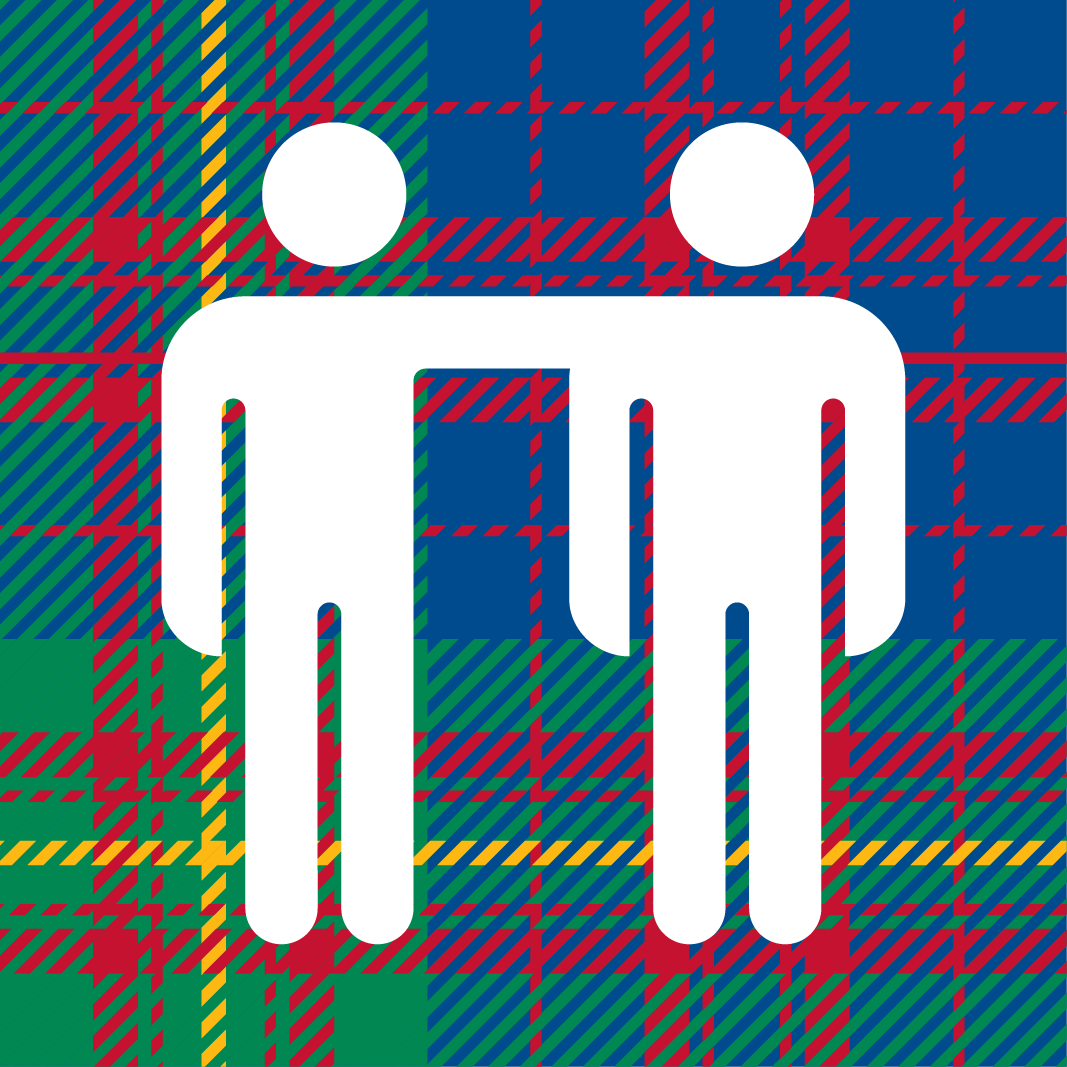Identity is the features that are essential to a person, make that person unique, and which place that person in social and cultural groups. Identities can be high-profile, including gender, nationality, age, religion and race, or more idiosyncratic, such as sports team affiliation, hobbies or friend group. Identities are often the things that make people say “I am a …”. There are two major ways that identities affect people: via internal identification (“I am a … “) and via external identification (“You are a …”). What are the benefits and harms of internal identification and external identification?
Often, people cluster by identity. This is seen in neighborhoods which are strongly correlated by race, social groups which are strongly correlated by gender, and employment, which is strongly correlated by all manner of identities. Is this a good thing? Should it be encouraged, discouraged or left alone by society and government? Does the answer vary based on who has control over the clustering?
An individual can often choose which aspects of their life to bring into their identity. Beyond that, a person can choose which aspects of their identity to shape their life around. As a result, people live their lives focused around who they are, from an identity perspective. Is one’s life always focused on one’s identities? If not, should one choose to do so? If so, can we choose our identities to steer our lives? Are important identities ever a choice?
